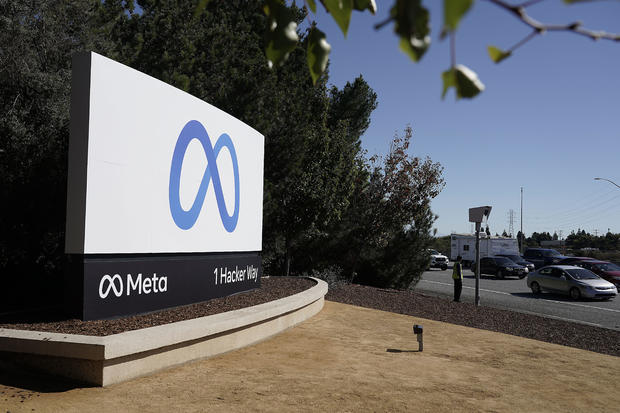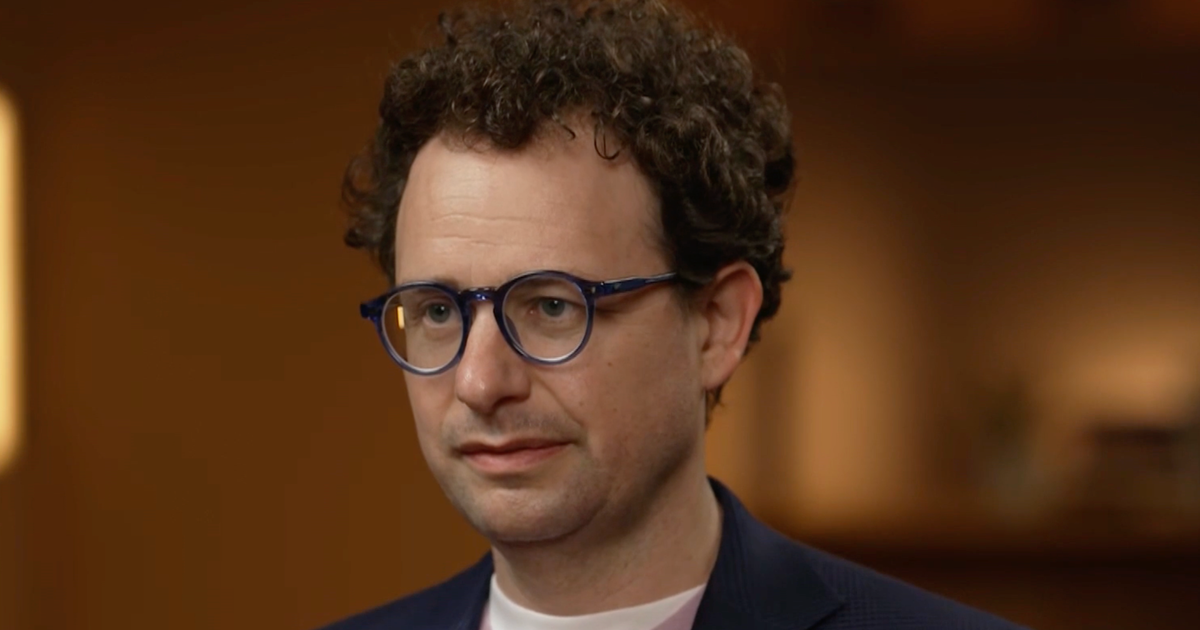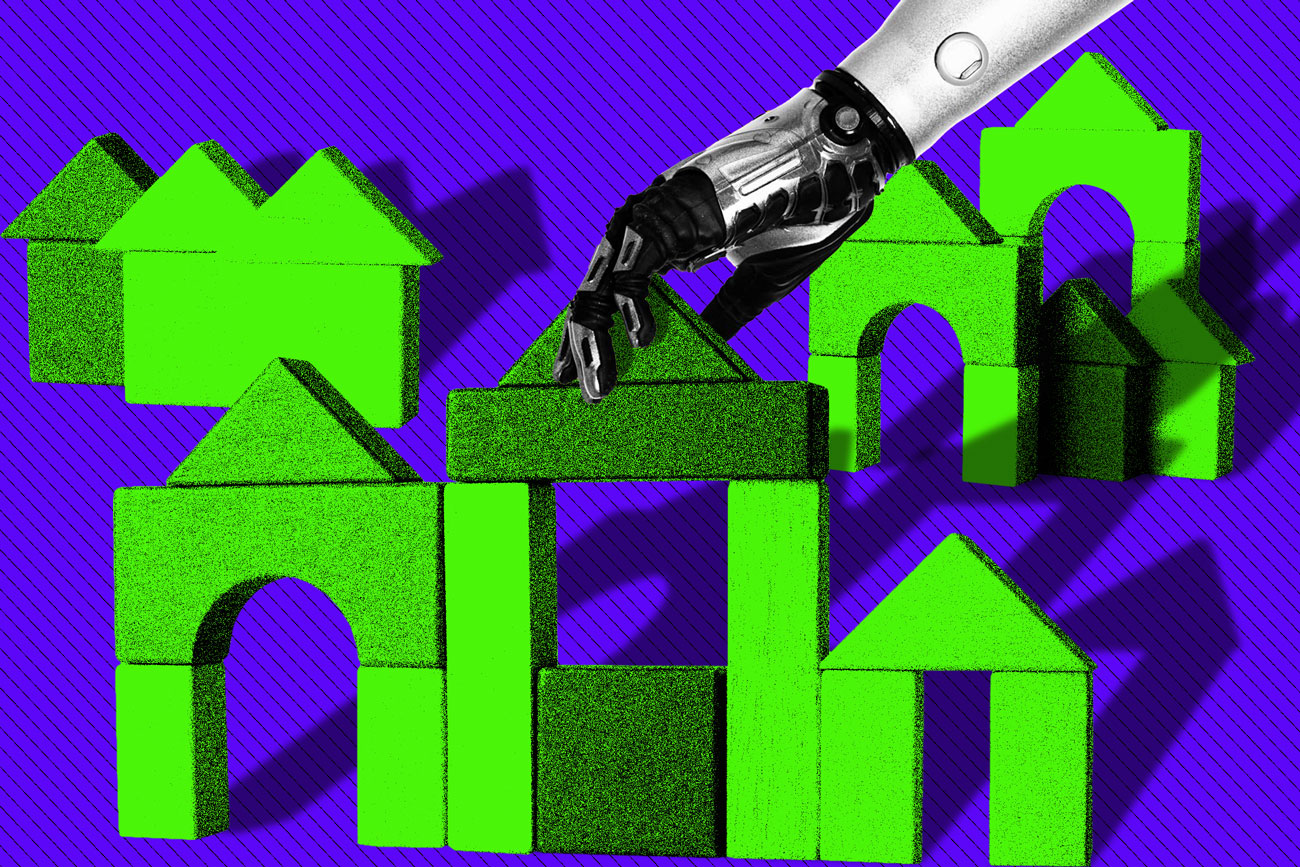Facebook bets big on the Metaverse. What is it?
The future of the internet is going to be virtual and "Meta," the company known to the public as Facebook says, believing that 1 billion people will be working and playing in the immersive, three-dimensional world referred to as the "Metaverse" by the end of the decade.
"We believe the Metaverse will be the successor to the mobile internet," Facebook CEO Mark Zuckerberg said at the company's annual developer conference Thursday, where the company said it is officially changing its name to Meta.
"We'll be able to feel present like we are right there with people no matter how far apart we actually are. We'll be able to express ourselves in new joyful, completely immersive ways," he said.
Coined in the 1992 science fiction novel "Snow Crash" by Neal Stephenson, the "Metaverse" is a tech concept that describes a network of augmented and virtual reality hubs accessed on smartphones and with visors. Instead of loading an app or website, users strap on a visor to interact in virtual environments.
Parents can share videos of their kids with family members and feel as though they are in the same room. Meetings with colleagues who are thousands of miles away will have the same impact. Attending a concert with a friend could mean two people sitting on their couch at home but feeling as though they are in a venue with thousands of others.
Zuckerberg said the defining quality of the Metaverse is going to be "the feeling of presence."
"You're going to really feel like you're there with other people. You'll see their facial expressions or body language," Zuckerberg said.
"You will be able to teleport instantly as a hologram to be at the office without a commute, at a concert with friends, or in your parents' living room to catch up," Zuckerberg said in a Founder's Letter posted online.
Users can also create avatars in the virtual world that resemble their appearance in the real world.
The avatars, Zuckerberg said, will be as common as profile pictures on social media sites, but "instead of a static image there will be living, 3-D representations of you."
Users may be able to customize their avatars for work and play. "You're going to have virtual clothes for different occasions designed by different creators from different apps and experiences," Zuckerberg said.
While some of the building blocks of the Metaverse are already here, much of the technology is still years away from being widely available.
Facebook says it does not want to own the Metaverse and is making tools available that will allow developers to connect its platform with other developers.
Tools that allow creators to connect various physical locations into augmented reality experiences for virtual tours and scavenger hunts are also on the way. Zuckerberg said these tools will allow for "a lot more commerce and help grow the overall Metaverse economy."
But the growth of the Metaverse will also mean more scrutiny for a company that is currently under fire for failing to properly protect users. Earlier this month, former Facebook employee Frances Haugen publicly came forward after leaking thousands of documents that showed company executives knew the platform helped spread misinformation for years but did not do enough to combat the negative effects.
In testimony before a congressional committee and on "60 Minutes," she accused the company of putting profits over people. Facebook has denied those accusations.
In several leaked internal documents reviewed by CBS News, Facebook researchers expressed concerns that the company often took action on protecting users after the damage had been done.
But Facebook's incoming chief technology officer, Andrew Bosworth, told CBS News in an exclusive interview that "billions of people trust" Facebook.
"They demonstrate that by using the products that we build everyday," said Bosworth, who is currently the vice president of Reality Labs for Meta.. "We don't take our commitment to those people lightly."
Bosworth said that a decade ago, the technology industry was not thinking critically about the challenges its products would create. "That is not where we are today," he said. "We are very much discussing upfront the harms that are made possible by technology or amplified or exposed by technology and what we can do about those things."
On Thursday, Zuckerberg said one of the lessons he's "internalized" in the past five years is that privacy and safety need to be built into the Metaverse from day one.
"With all the novel technologies that are being developed, everyone who's building for the Metaverse should be focused on building responsibly from the beginning," Zuckerberg said.
Nick Clegg, Meta's vice president of global affairs, said new technology tends to leave lawmakers and regulators behind. But this time, Clegg said, Meta has the time to build the safety controls as the product grows.
"We have years until the Metaverse, as we envision, is fully realized," Clegg said. "This is the start of the journey," he added.
Laurie Segall and Gisela Perez contributed to this story




